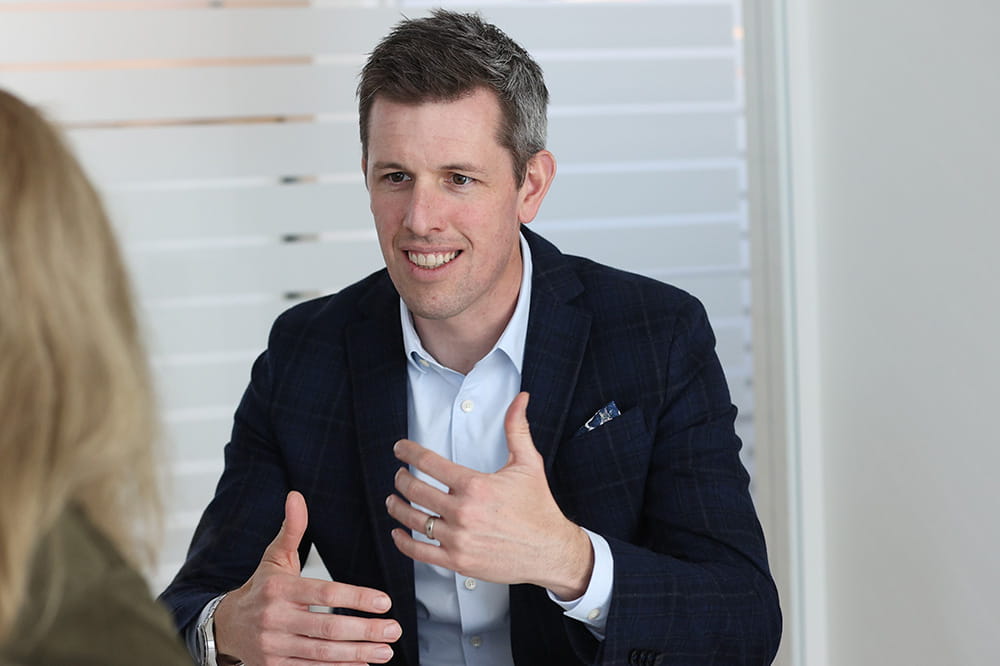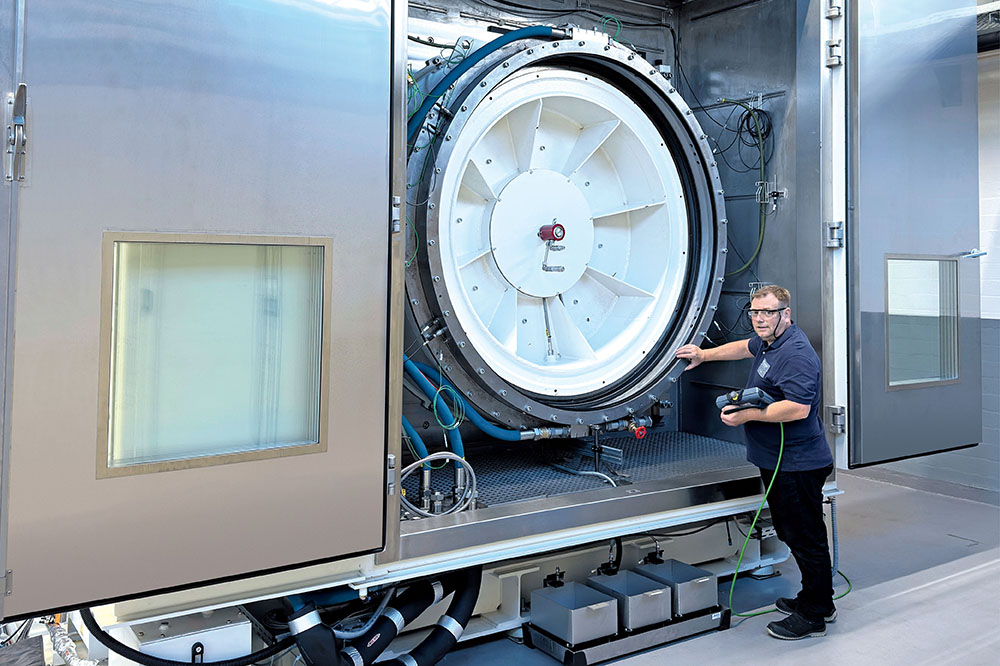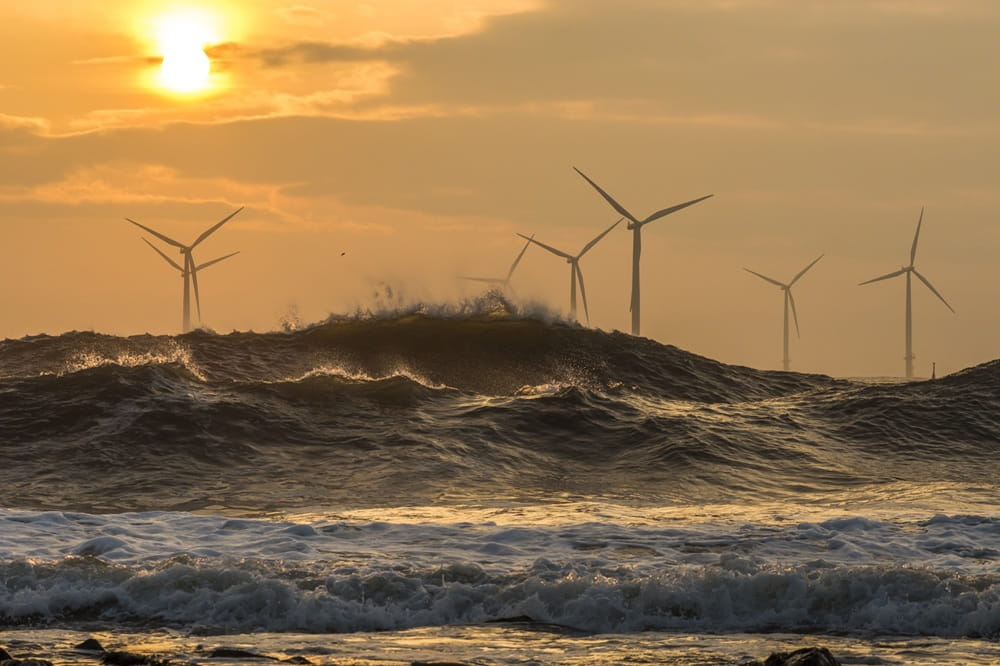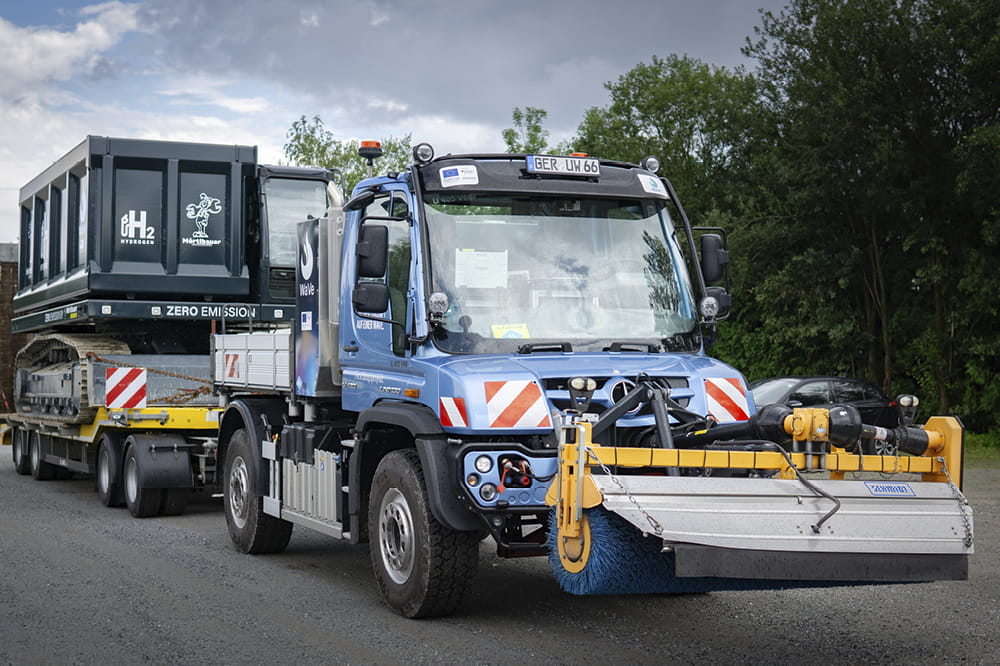Obtain news and background information about sealing technology, get in touch with innovative products – subscribe to the free e-mail newsletter.

19.06.2018 | Story
Sweden Heads in New Directions
The German national soccer team’s upcoming opponent surprised soccer fans in the World Cup playoffs by eliminating Italy, a heavyweight in the sport. Sweden also wants to draw attention to its new, viable solutions in renewable energy and electric mobility.
It is hardly news that energy consumers can be energy producers, and this is truer than ever with renewable energy. But it is certainly a new development for an entire village to get its electricity self-sufficiently, from 100 percent renewable sources (wind and photovoltaics). As part of Europe’s InterFlex project, tests are underway in Simris in southern Sweden to see whether it is actually possible for a village of 150 households to generate all of its electricity on its own. The testing is making it possible for the participants to optimize a standalone electrical grid and gear it for series production. Largely financed by the EU, the project is scheduled to run for three years.

Intelligently Networked “Island” Solution
The “island” grid in Simris is supplied by wind turbines with a rated capacity off 500 kilowatts and by photovoltaic modules with an installed capacity of 440 kilowatts. A battery system designed for 800 kilowatts is available as an electrical storage unit and buffer. The individual energy consumers, producers and converters are linked dynamically in a smart-grid structure. For example, heat pumps can be ramped up or down depending on the amount of electricity available. The approach relies on software to enable smart grids like the one in Simris to perform as elements of national networks – and do so economically as well as technically. The software continually analyzes the generation of electricity and current consumption. Surplus electricity can be sold off automatically, and, if a shortage appears likely, bioelectricity can be purchased from third parties. The system should function seamlessly between local small-scale producers and in national grid networks. From an energy standpoint, the residents of Simris are becoming “prosumers” – they simultaneously function as consumers and producers of electricity. The project was so promising in its early stages that an international jury gave it an award in May. It was described as a good use of smart electric grids during the energy transition.
The integration of still other energy sources, such as biogas, is due to be tested in smart grids of this kind. While gas can be stored relatively inexpensively in pressurized containers, storage capacity for electricity is still relatively expensive and complex. One building block of smart electrical grids could be the integration of electric vehicles to offset short-term peaks and bottlenecks. If everything goes according to plan, Sweden could soon turn to a futuristic, homegrown development: The Uniti One electric car.
Uniti One: Clearing the Way to Electric Mobility
This electric compact car has less to do with the venerable traditions of Saab and Volvo than with the sports car maker Koenigsegg, which is also based in Sweden. Its cars develop up to 1,000 horsepower. Like Koenigsegg’s models, the body of the Uniti One is made of highly advanced lightweight plastic with carbon fiber reinforcement. Even the Uniti One’s acceleration is impressive: It sprints from 0 to 80 kilometers per hour in 3.5 seconds. And with a top speed of 130 kilometers per hour, it is definitely suited to autobahn driving. An international team launched the electric car project with the help of crowd-funding, and international companies are now supporting it. The Uniti One is supposed to start rolling off the line in Landskrona, Sweden, next year as a two-, four- and five-seater, with a volume of 50,000 units. At a price of 15,000 euros, the ultra-silent compact is certainly affordable. The electric speedster, which offers joystick control as an option, is expected to easily travel the 300 kilometers between Simris in southern Sweden and the Danish capital of Copenhagen and back under everyday driving conditions.
Full power for the environment! Learn more about sealing solutions for renewable energy, energy transmission and distribution.
The future drives electrically. Freudenberg Sealing Technologies is pressing ahead with innovations in electric mobility. Read more.
More news on the subject Renewable Energies

Join Us!
Experience Freudenberg Sealing Technologies, its products and service offerings in text and videos, network with colleagues and stakeholders, and make valuable business contacts.
Connect on LinkedIn! open_in_new








